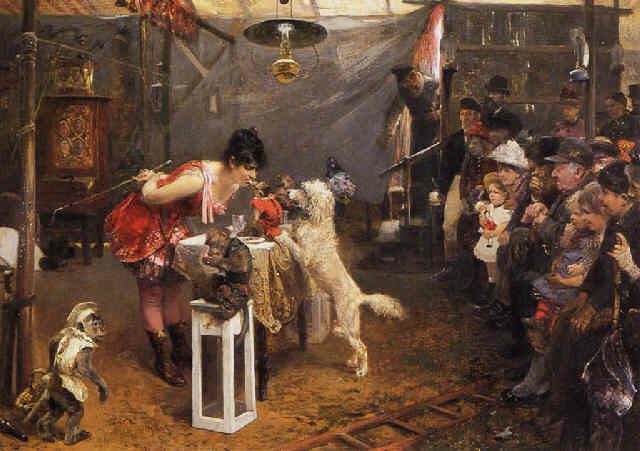Beyond the Olympics: Reading Brazil
Because of the Olympic games in Rio de Janeiro, Brazil has been the center of attention for the past few months. Now, everybody I know has an opinion about the pollution of Rio’s Guanabara Bay or the Zika virus. But beyond the leading sporting events and the idyllic beaches (and the political crisis), there is a Brazil of varied landscapes and experiences. These days I find myself returning over and over again to books that show another side of Brazil, books that are capable of challenging the most pervasive stereotypes.
Earlier this summer, I revisited one of my old favorites, Graciliano Ramos’s Barren Lives, a quiet novel that I first read when I was in high school. The book is set in the sertão, an arid subregion of the northeast of Brazil that’s only a few hours away from the city where I grew up. The novel centers on a family of five that, driven by the drought, walks to exhaustion through the dry land. The parents, their two boys, and their dog are trying to steer clear of disaster, to find someplace where there’s water and plenty of cavies for the dog to eat.
Surprisingly, the dog (which is named “Whale” in the original Portuguese and simply called “the dog” in Ralph Edward Dimmick’s English translation) is the most sensitive and human character of the book, uncorrupted and full of hope. Graciliano Ramos’s Brazil is vibrant and tough, full of piercing tenderness and devoid of easy sentimentality.
After spending a few days in the familiar landscapes of Barren Lives, I moved on to Noemi Jaffe’s poetic and innovative book What Are the Blind Men Dreaming?, an autobiographical story told by three generations of Jewish women. Jaffe adds to Brazil’s well-established tradition of Jewish writing, which includes the likes of Clarice Lispector and Moacyr Scliar. The book opens with sections from the diary Liwia Jaffe wrote in Serbian after the liberation of Auschwitz. In the following chapters, daughter Noemi Jaffe and granddaughter Leda Cartum reflect in Portuguese on memory and historical trauma, seventy years later. What Are the Blind Men Dreaming? is an exquisite and original meditation on “the temptation, in some distant and inhospitable part of your memory, to have been in the survivor’s place.”
In the same vein, Michel Laub’s haunting coming-of-age novel Diary of the Fall paints a portrait of three generations. The grandfather, who also survived Auschwitz, fills notebook after notebook with false memories in an attempt to forget the horrors of the past, with the genocide itself absent from its pages. The father suffers from Alzheimer’s and records every memorable moment, while the son contemplates the power of memory and his role as the grandchild of a survivor. Laub’s prose is spare and unexotic, heavy with the weight of the unsaid. Most of the chapters are composed of brief numbered sections, an attempt to organize the chaos of their fragmented lives.
I read many other books that are worthy of mention. These include Clarice Lispector’s Complete Stories in Katrina Dodson’s stunning translation (personal favorites of mine include “Happy Birthday,” “The Waters of the World,” and “The Smallest Woman in the World”); Daniel Galera’s spare and powerful novel Blood-Drenched Beard, about a man who has a neurological condition that makes him unable to recognize familiar faces; Alexandre Vidal Porto’s novel Sergio Y, which explores issues of gender identity and immigration; as well as João Gilberto Noll’s masterful existential novel Quiet Creature on the Corner.
In the midst of the recent wave of sensational reporting riddled with clichés and condescension, I’ve been reading these books as escape and also as the opposite of escape. They keep me grounded in reality, bringing me closer to the truth. It’s been my way of making contact with home—and with different individual experiences of home, for there is no one definitive story of Brazil.

